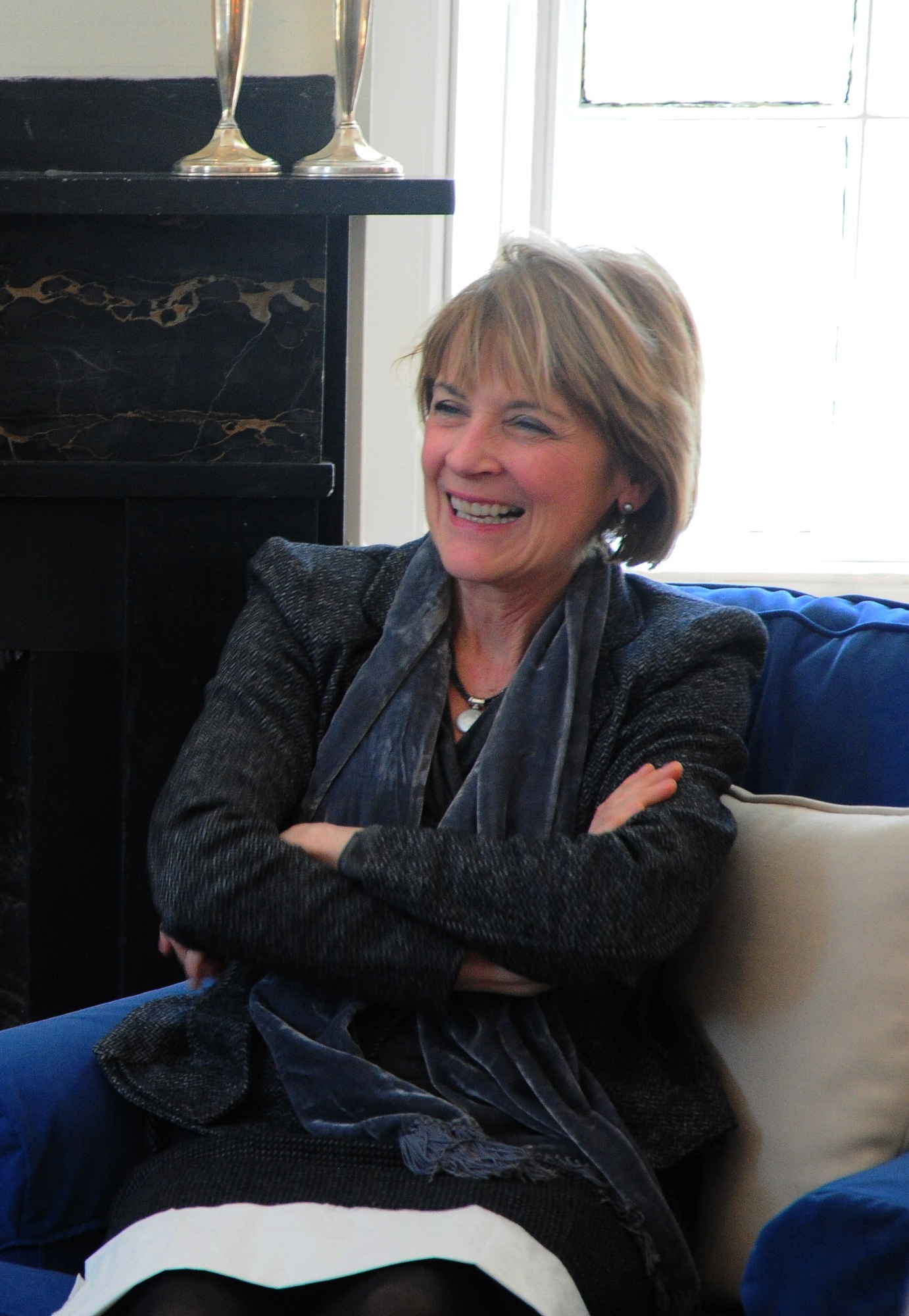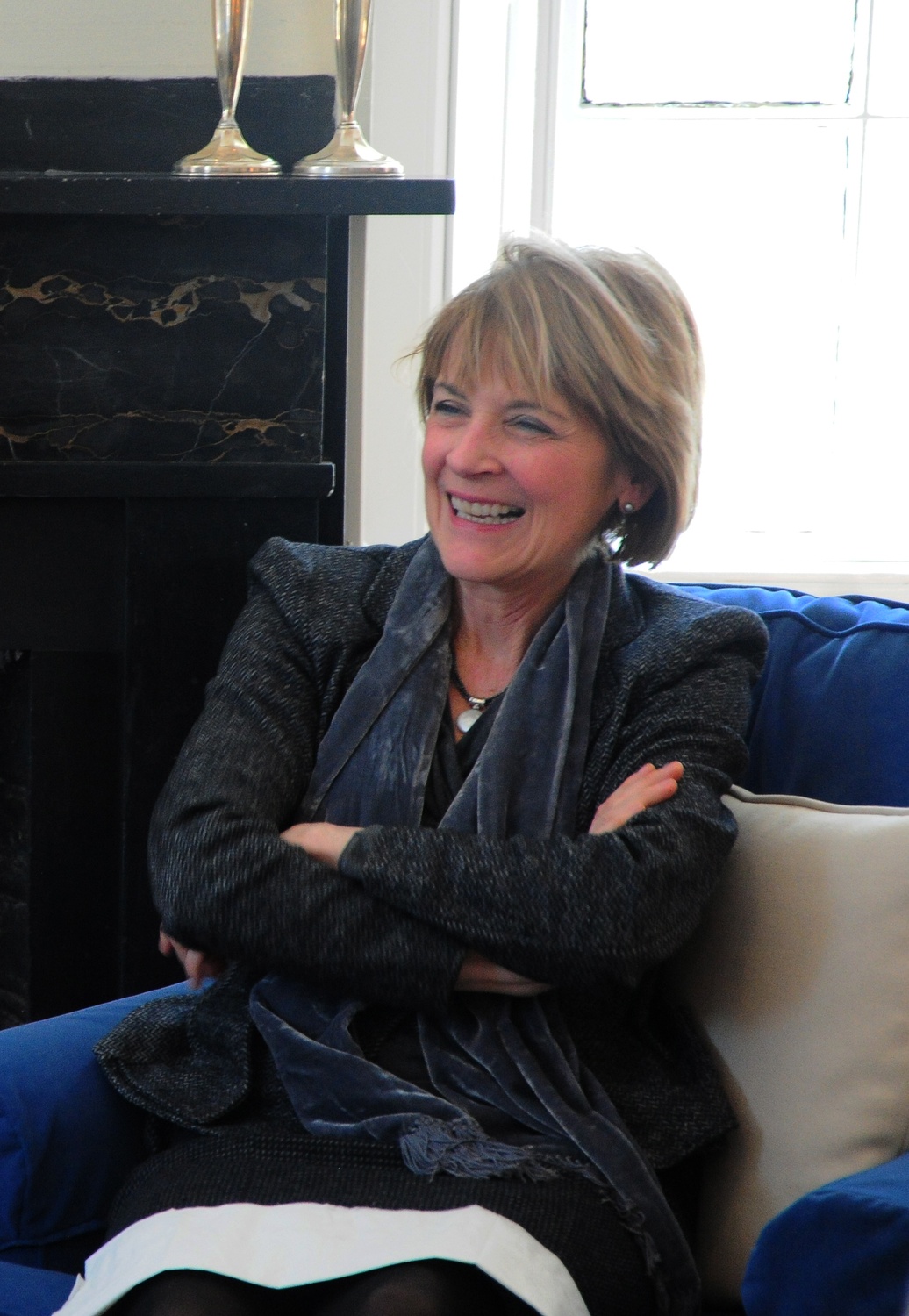
News
HMS Is Facing a Deficit. Under Trump, Some Fear It May Get Worse.

News
Cambridge Police Respond to Three Armed Robberies Over Holiday Weekend

News
What’s Next for Harvard’s Legacy of Slavery Initiative?

News
MassDOT Adds Unpopular Train Layover to Allston I-90 Project in Sudden Reversal

News
Denied Winter Campus Housing, International Students Scramble to Find Alternative Options
Coakley Shares Insight on Press, Trials with Freshmen

Martha M. Coakley, the first female attorney general of Massachusetts, argued that media coverage can jeopardize a defendant’s right to a fair trial during a "Freshman Luncheon and Discussion” event on Wednesday.
The discussion was part of a series organized by the Institute of Politics and the Freshman Dean’s Office to expose College students to ethical issues.
While there is a need to protect the right of the press, Coakley said, media coverage can influence the actions of both juries and attorneys, possibly resulting in an unfair trial.

Coakley provided an example of this First Amendment issue, citing the case of Sheppard v. Maxwell in 1966. Sheppard served 12 years in jail before the Court overturned the case because they decided that media coverage had not allowed for a fair trial.
“Media watches what prosecutors do,” she said. “We worry about that kind of influence.”
Coakley said, however, that the proliferation of news sources in recent history may have alleviated the dangers posed by the media.
“There’s actually less concentrated media around particular cases,” she said. “There’s so much news that has been decentralized… I think that’s helpful.”
Wednesday’s event was was held in the house of Dean of Freshmen Thomas A. Dingman ’67. Past luncheons in this series include “Ethics of Medical Research” and “Should College Student Athletes Be Paid?”
“We’ve been trying to offer opportunities for freshmen to meet interesting people in the community,” Dingman said. “We’ve been asking our guests to address ethical issues, thinking our own students will be facing difficult issues.”
The discussion, which was lotteried to include 15 freshmen, attracted students with a wide variety of interests. Luncheon participant Cameron W. Akker ’18 said he enjoyed hearing Coakley’s personal experiences.
“The stuff we learned during that hour—there isn’t a class for it,” he said.
—Staff writer Annie E. Schugart can be reached at annie.schugart@thecrimson.com. Follow her on Twitter @AnnieSchugart.
Want to keep up with breaking news? Subscribe to our email newsletter.
